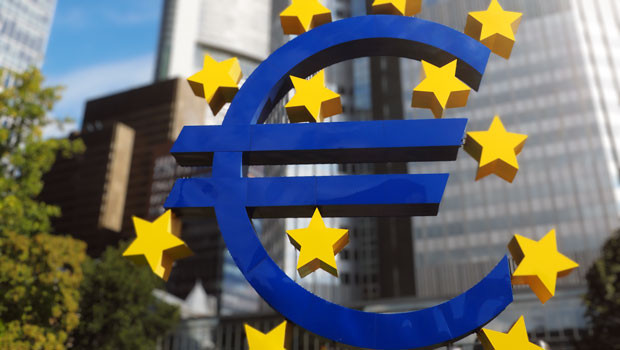Service activity boosts eurozone private sector in August

The eurozone's private sector experienced its fastest growth in three months during August, driven by a stronger services sector, according to the latest Hamburg Commercial Bank (HCOB) eurozone composite purchasing managers’ index (PMI) on Wednesday.
The composite PMI rose to 51.0, up from 50.2 in July, marking a slight expansion in economic activity.
Growth was entirely down to the services sector, which posted a three-month high, while manufacturing continued its decline, shrinking for the 17th consecutive month.
France and Spain led the expansion, with Spain achieving the highest Composite PMI at 53.5, followed closely by France at 53.1, its best performance since May 2022.
Ireland and Italy also saw growth, while Germany's private sector activity declined for the second consecutive month, falling to 48.4, a five-month low.
“The Olympic Games in Paris brought plenty of victories, and the French service sector was certainly among the winners,” said Hamburg Commercial Bank chief economist Dr Cyrus de la Rubia.
“The latter helped drive accelerated growth in the eurozone's service sector for August. But the big question is whether this boost is sustainable.
“The positive vibes from the Games and the ongoing Paralympics might carry through into September in part, but we expect the slowdown in growth, which started in May, to likely resume in the coming months.”
Despite the overall growth, underlying weaknesses persisted.
New business orders decreased, and the eurozone's employment index fell below 50.0 for the first time since 2021, signalling a slight reduction in workforce numbers.
Input cost inflation eased to its lowest level in 2024, though prices charged by businesses rose at the fastest pace since April, reflecting ongoing inflationary pressures.
Dr de la Rubia added that the ECB was likely breathing a “small sigh of relief” thanks to the latest prices data.
“Although service providers nudged up their prices slightly more in August compared to July, overall cost pressures, especially those driven by wages, have eased.
“This will likely weigh more heavily in the ECB's considerations.
“Coupled with the favourable inflation numbers Eurostat recently released for August, the ECB is likely to see this as further justification for cutting interest rates at their September 12 meeting.”
Export business presented a challenge, with new orders from non-domestic clients falling at their fastest rate since January.
The decline in export demand, particularly in the manufacturing sector, weighed on overall sales performance.
Business confidence in the eurozone meanwhile continued to deteriorate, marking its third consecutive monthly decline, with optimism at its lowest point this year.
Despite that, firms still expected output to rise over the next 12 months, though at a slower pace than earlier in the year.
“The ‘Olympic effect’ is also set to ensure that the eurozone's GDP will show growth in the third quarter,” Dr Cyrus de la Rubia added.
“It's encouraging that the service sector is showing growth across the board geographically, with the HCOB PMI above 50 points in all four major eurozone economies.
“However, it’s a tale of two sectors - while services are driving the growth, the manufacturing sector remains stuck in recession, with conditions worsening in several countries, including Germany and France.”
Reporting by Josh White for Sharecast.com.